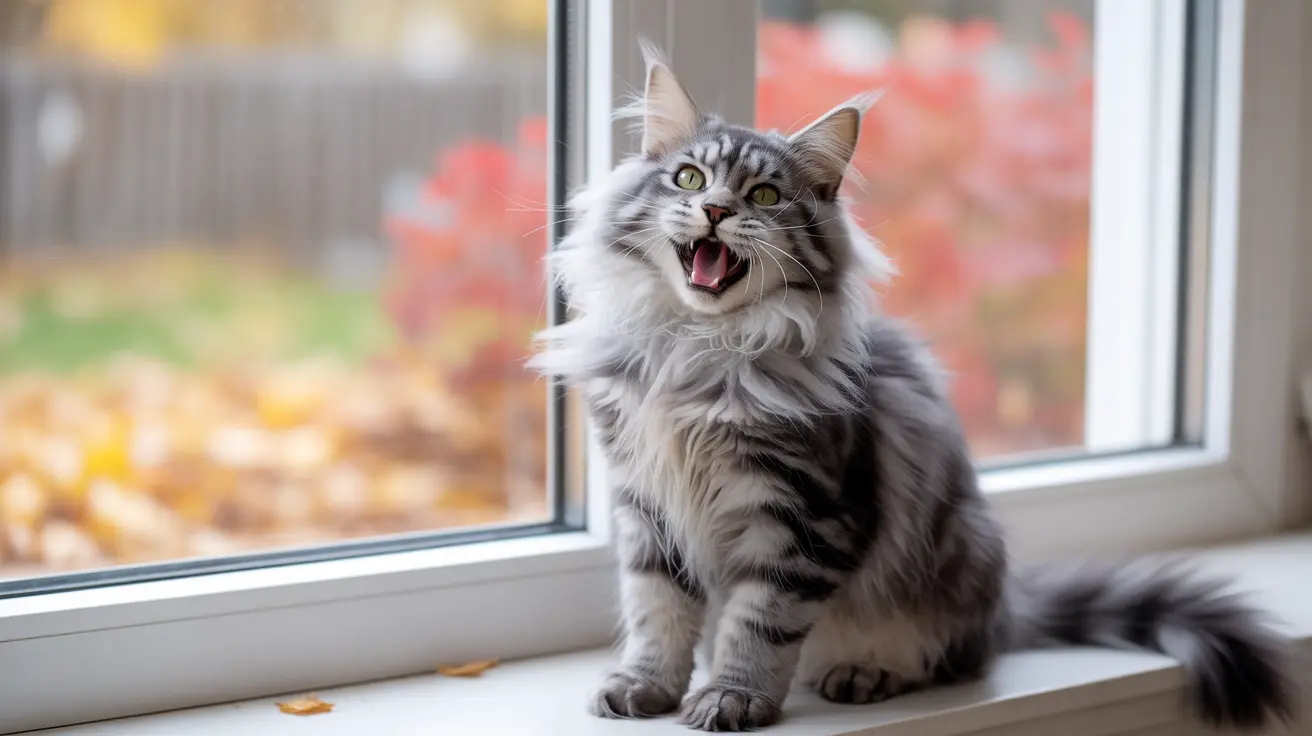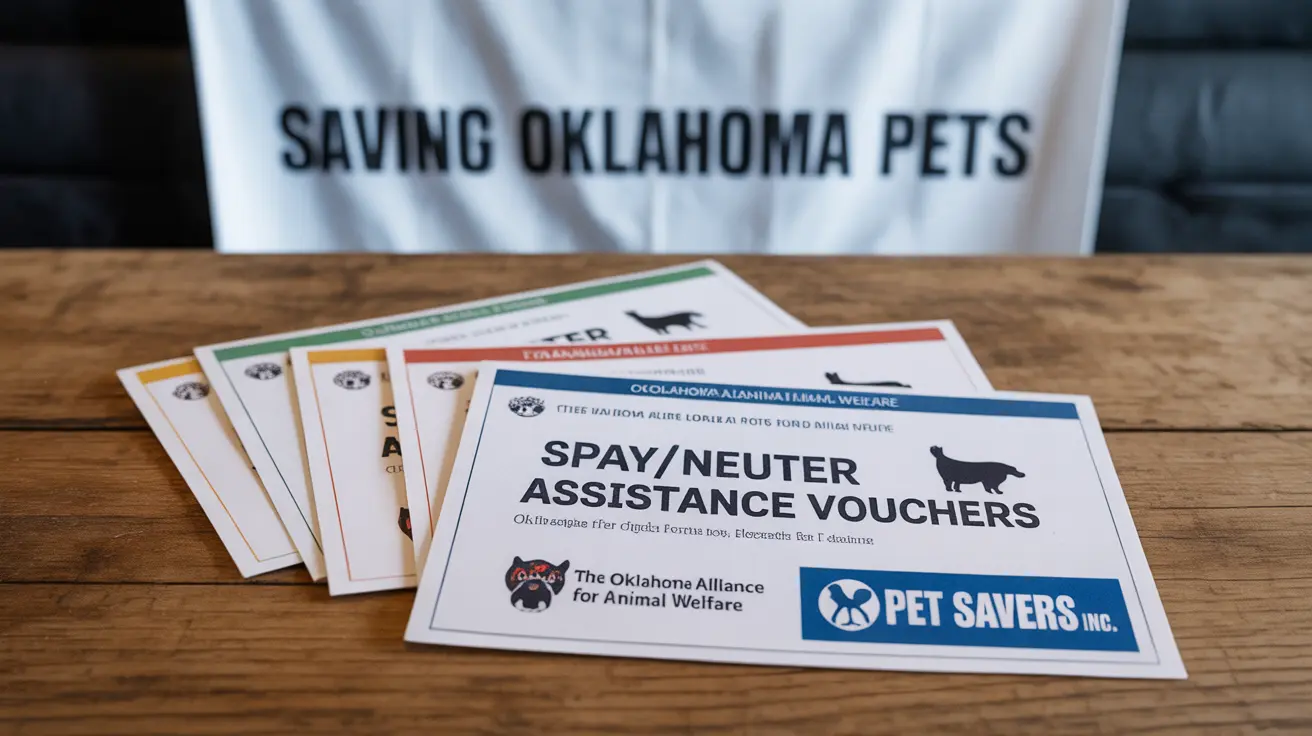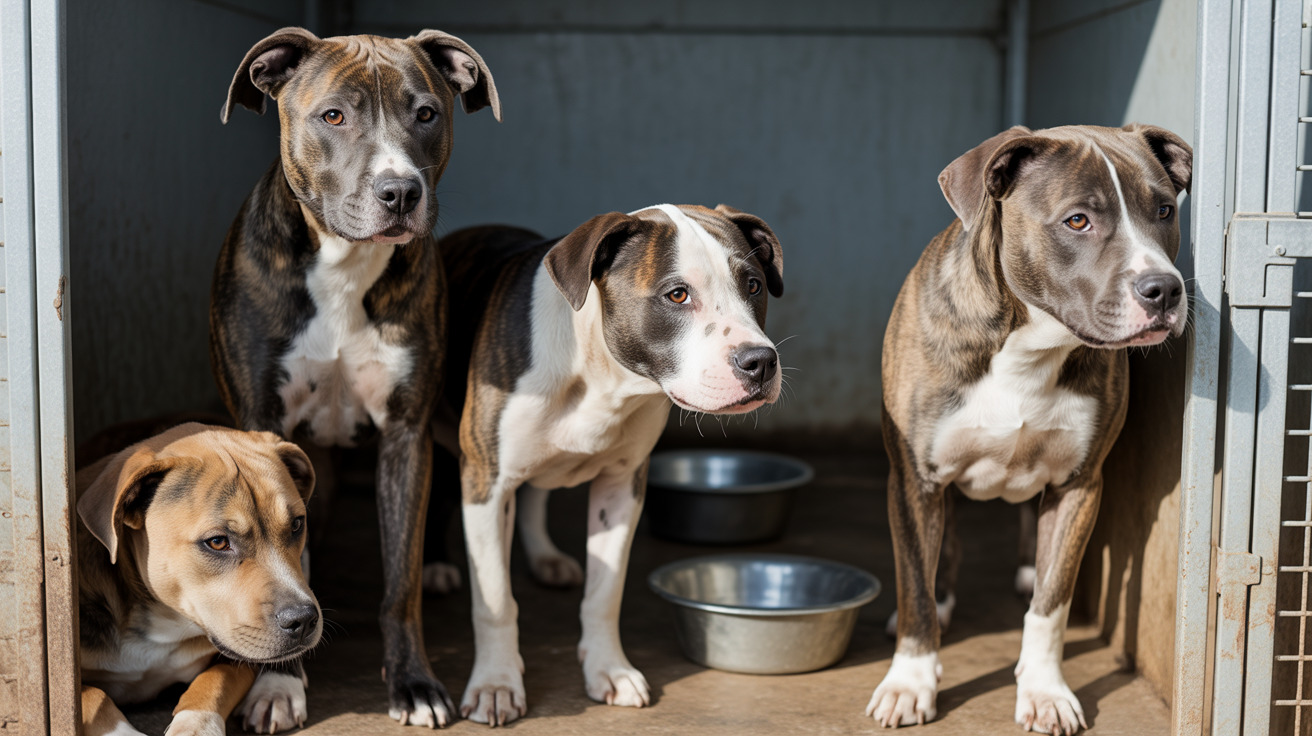When your cat suddenly becomes more vocal than usual, it can be both concerning and frustrating for pet owners. This unexpected change in behavior often signals that your feline friend is trying to communicate something important about their health, emotional state, or environment.
Understanding the root cause of your cat's increased vocalization is crucial for addressing their needs and ensuring their wellbeing. Let's explore the various reasons behind sudden excessive meowing and learn how to respond appropriately.
Medical Causes of Increased Meowing
When cats start meowing excessively out of nowhere, medical issues should be your first consideration. Various health conditions can trigger increased vocalization:
Pain and Discomfort
Cats often vocalize more when experiencing pain from injuries, arthritis, dental problems, or internal conditions. This increased meowing may be accompanied by changes in behavior, appetite, or mobility.
Serious Medical Conditions
Several health issues can cause excessive vocalization:
- Hyperthyroidism (especially common in older cats)
- Kidney disease
- High blood pressure
- Urinary tract infections
- Cognitive dysfunction in senior cats
Environmental and Emotional Triggers
Changes in Routine or Environment
Cats are sensitive to changes in their surroundings. New furniture, moving houses, or schedule disruptions can trigger increased meowing as they adjust to these changes.
Stress and Anxiety
Environmental stressors such as new pets, visitors, or changes in the household composition can lead to anxiety-induced vocalization. Your cat may meow more frequently when feeling insecure or threatened.
Attention-Seeking Behavior
Sometimes, increased meowing is simply your cat's way of demanding attention or resources:
Food-Related Meowing
Cats often become more vocal when:
- Their feeding schedule changes
- They're hungry
- They've learned that meowing leads to treats or food
- Their food bowl is empty or not easily accessible
Social Interaction
Your cat may meow more if they're:
- Feeling lonely or isolated
- Wanting to play
- Seeking physical affection
- Greeting you after an absence
When to Seek Veterinary Care
Contact your veterinarian if your cat's increased meowing is accompanied by:
- Changes in appetite or water consumption
- Weight loss or gain
- Altered litter box habits
- Lethargy or behavior changes
- Signs of pain or distress
Managing Excessive Meowing
Once medical issues are ruled out, try these management strategies:
- Maintain consistent feeding schedules
- Provide environmental enrichment through toys and play
- Ensure adequate attention and interaction
- Address any sources of stress or anxiety
- Consider using feline pheromone products
- Create safe spaces for your cat to retreat
Frequently Asked Questions
Why is my cat suddenly meowing so much and could it be a sign of illness?
Sudden excessive meowing can indeed signal illness, particularly if accompanied by other behavioral changes. Common medical causes include pain, hyperthyroidism, kidney disease, and cognitive dysfunction. Always consult a veterinarian to rule out health issues.
How can I tell if my cat's excessive meowing is due to pain or a medical condition like hyperthyroidism or kidney disease?
Look for additional symptoms such as weight changes, increased thirst, changes in appetite, or altered litter box habits. Professional veterinary evaluation is necessary for accurate diagnosis.
Can stress or changes in the home cause my cat to start meowing more than usual, and how can I help?
Yes, environmental changes often trigger increased vocalization. Help your cat adjust by maintaining routine, providing safe spaces, using calming pheromone products, and ensuring plenty of attention and enrichment.
Why do older cats meow excessively at night, and could it be related to cognitive dysfunction?
Nighttime vocalization in senior cats often relates to cognitive dysfunction or disorientation. Other factors include pain, anxiety, or sensory changes. Consult your vet for proper diagnosis and treatment options.
What are effective ways to manage and reduce my cat's sudden increase in meowing due to hunger or attention-seeking?
Establish consistent feeding schedules, ignore attention-seeking meows while rewarding quiet behavior, provide environmental enrichment, and ensure adequate daily play and interaction time.






